Friday night, colleague Libby Parker, a mammal rehabber, called about a bird that had been pulled from an oil pan. She sent me photos of the bird post-bath and asked what else she needed to do. His eyes looked weak and irritated, so I suggested a saline rinse, followed by nonsteroidal ointment or drops to soothe the irritation.
Saturday a transporter brought the bird and two more flyers from Libby to LWR. The flyers, of course, settled in with the new sibs overnight, while the bird, now that it was in hand, was obviously a thrush, not a thrasher. But what kind of thrush?
Since we’d just had the hermit thrush last week, my immediate thought was that this was also a hermit thrush. But something seemed off about the wing feathers, and when he started vocalizing, the sound was wrong. Hmmmm…Swainson’s thrush? I knew them only from name, as they don’t breed in Georgia; we only see them during migration. Time to consult Sibley’s and see…
Yep, the sweet little fellow is a Swainson’s thrush—a first, as I said earlier, for me and LWR. That’s one of the neat things about working with birds: there are so many species that every year can bring a “first” of one or more species.
But his eyes still looked awful.
Honestly, I’m not seeing improvement. His eyes are swollen and weak-looking, and the oil seems to be literally seeping out of his erstwhile clean head—perhaps from his ears; I’m not sure. I’ve swabbed down his head with Dawn again to clear away the oil that collected overnight. (Dawn is the rehabber’s go-to for oiled and greased wildlife.)
Meanwhile, he can fly for short distances, as I tested him in the songbird flight today. His vision precludes proper flight, however, and while Dawn is excellent at removing grease and oil, it does have the downside of also stripping the natural oils from bird feathers, meaning a loss of waterproofing.
However…he’s stressed; he can’t see properly, which means he can’t eat properly, and he was already thin on intake; and his eyes look, if anything, worse today than they did yesterday.
I’m cautiously hopeful but not overly optimistic that we can set this precious little bird back on his migration within the week. We’ll see. It’s honestly not looking real promising right now.
And that brings me to this week’s rant: People, for God’s sake, dispose of oil and grease properly. You don’t just leave stuff like that sitting around openly. It’s an invitation for disaster. Here’s a helpful rule of thumb: if you wouldn’t want your toddler getting into it, it’s also not safe for wildlife. And someone’s callous disregard for the safety of children and animals may end up costing this bird his life.
In happier news, the gunshot red-tail is chomping at the bit to get out of confinement, which is a good sign. He’s headed for the raptor flight this week.
The head-trauma red-tail will be transferred to colleague Steve Hicks of Bubba & Friends this week; as his vision improved, he developed a nasty food aggression, literally attacking me as I walked in to feed him. That, coupled with his calm perching on a glove, leads us to believe that he may have been in the hands of an ill-trained wannabe falconer who fed him a crap diet, hence the vision issues, and not enough of it, hence the food aggression. Rather than release him and risk his attacking someone for food, we feel his best bet is for Steve, who is a Master Falconer as well as a raptor rehabber, to work with him to “retrain” him away from food aggression.
We lost another flyer this week, the runt female from the twin females who came in a few weeks back. It was a classic case of failure to thrive: she was eating well, growing just like her sib, and then suddenly she wasn’t. Appetite decreased, appearance was scruffy, and weight dropped precipitously. It was like she ran full-tilt into a growth barrier and slid backwards. Unfortunately, this scenario isn’t uncommon with runts—it’s as if they reach a certain point of development and stop, period.
However, with the two flyers from Libby, there are six adorable babies who will be in new digs for next week’s photos. And in a rare occurrence, we have a dead-even gender mix: three of each!
Not as many photos of the flyers this week, and no video, but I’ll try to make up for it next week.
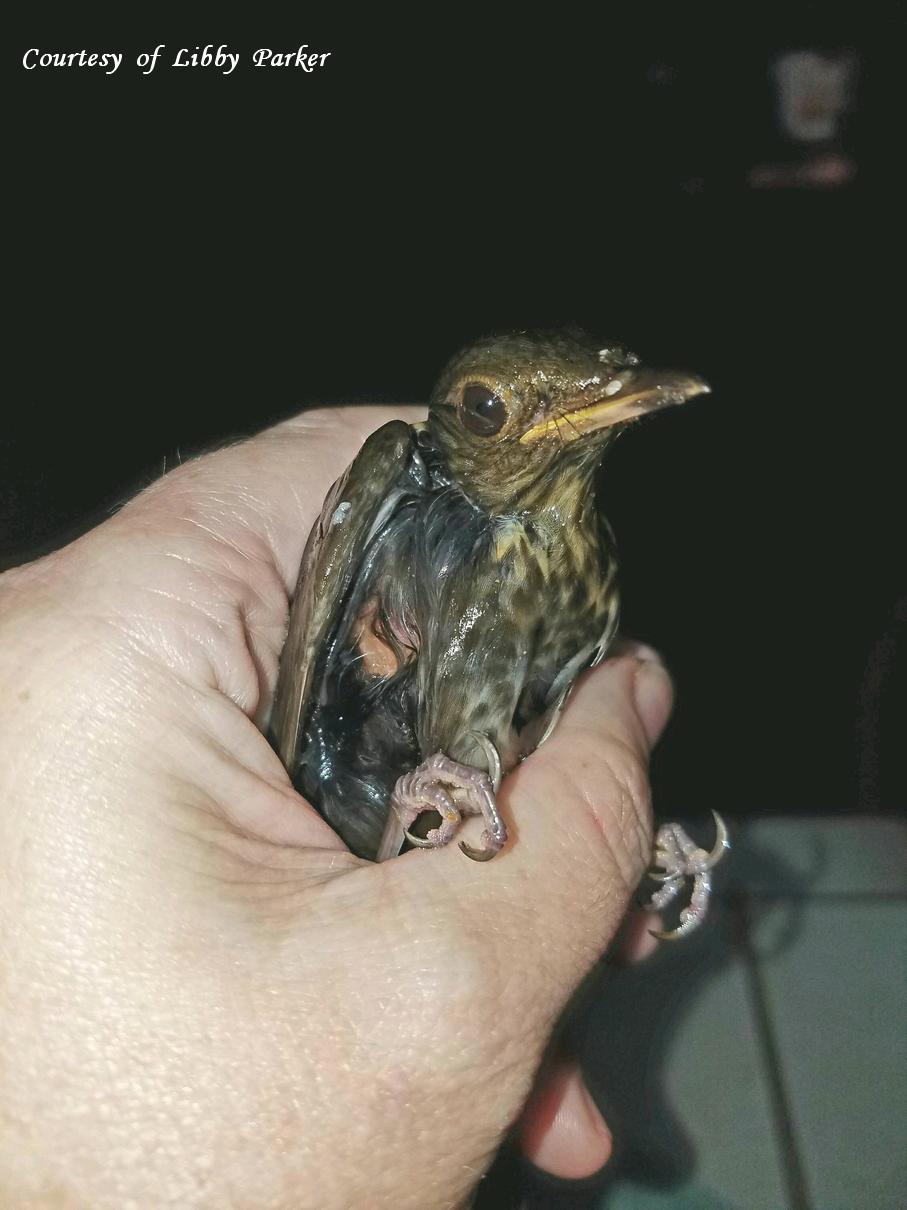
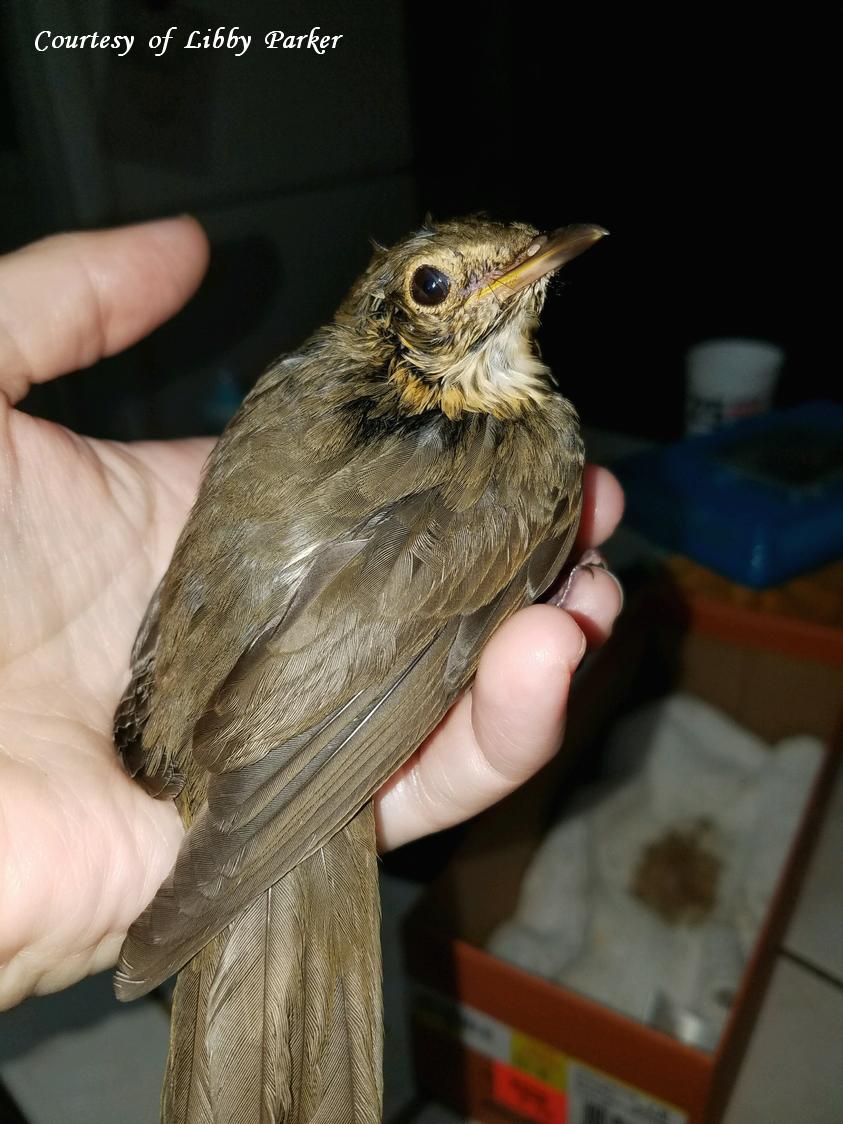
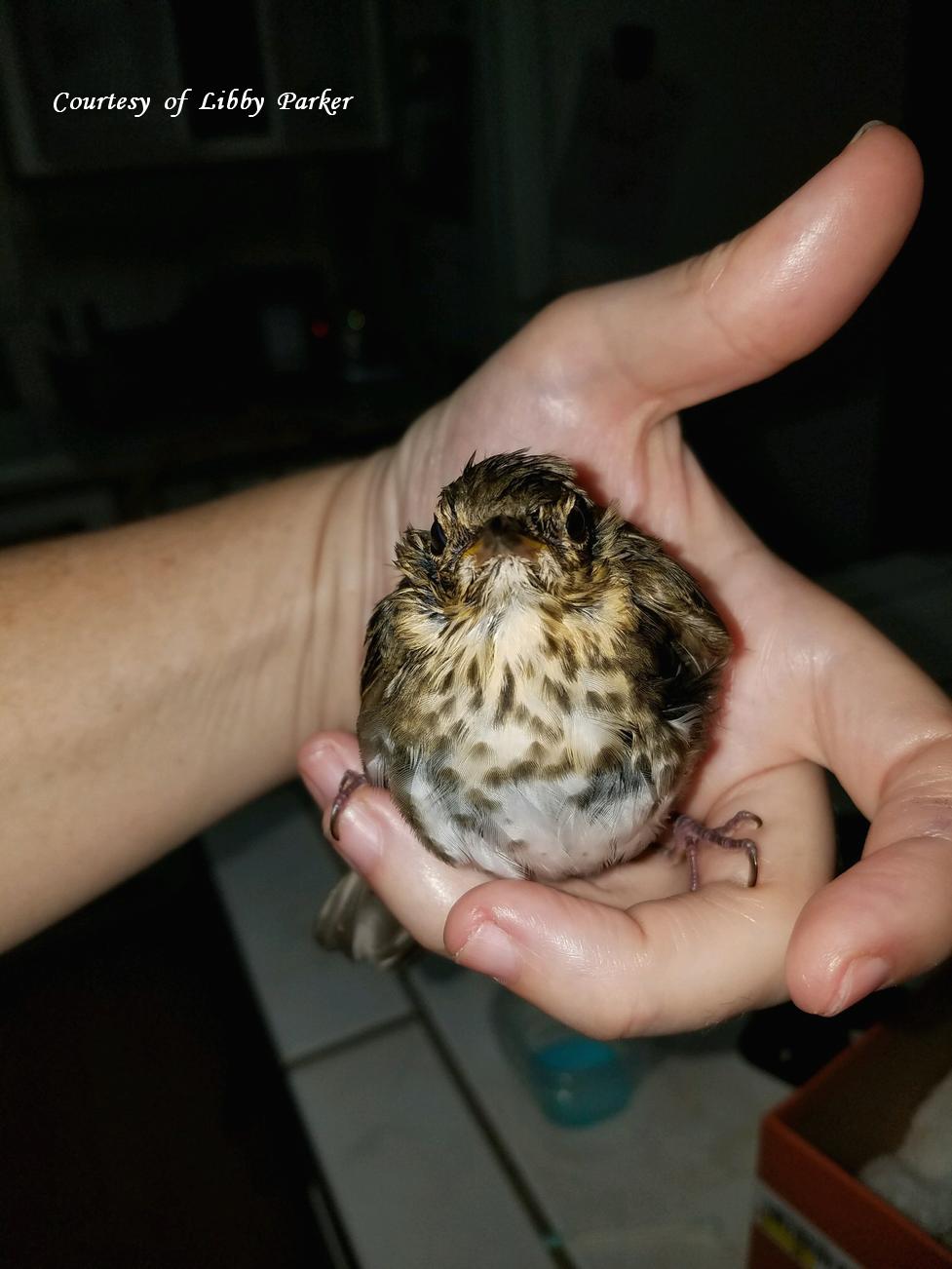
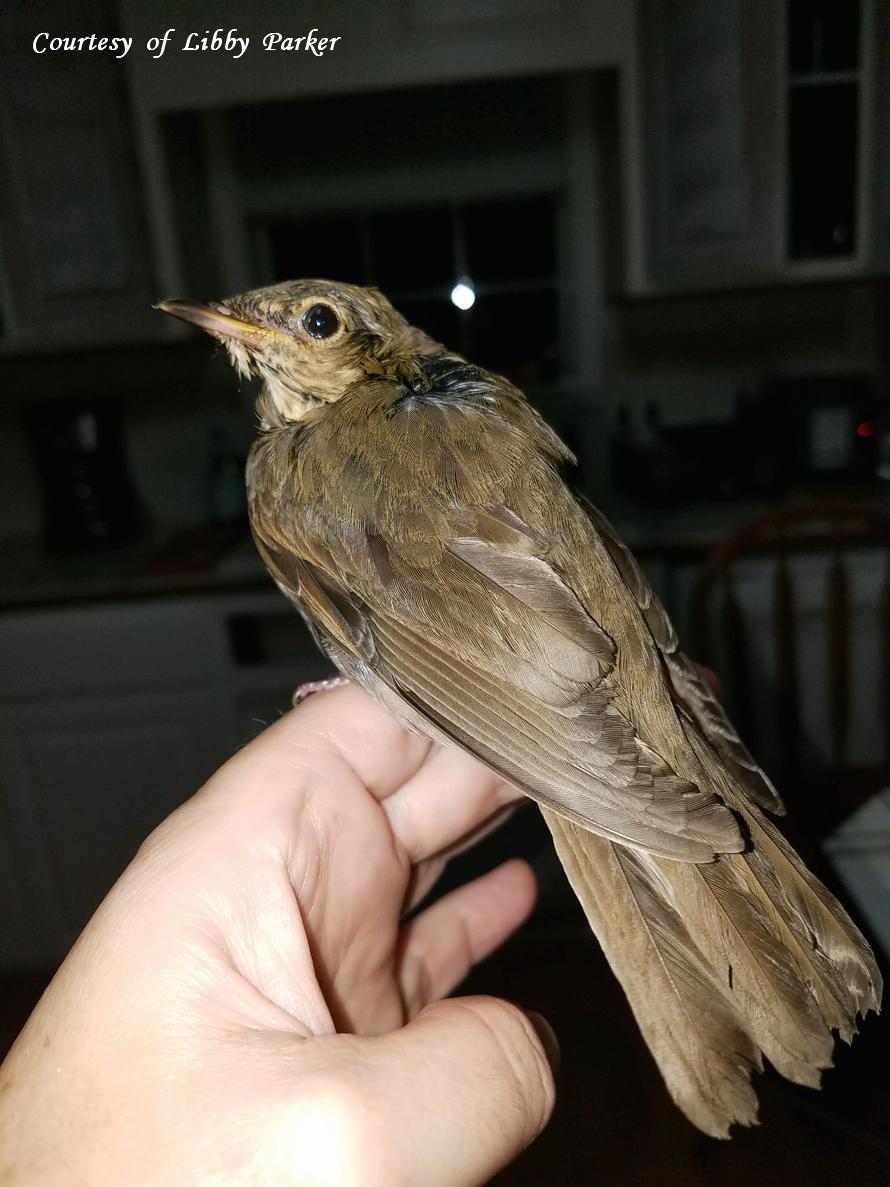
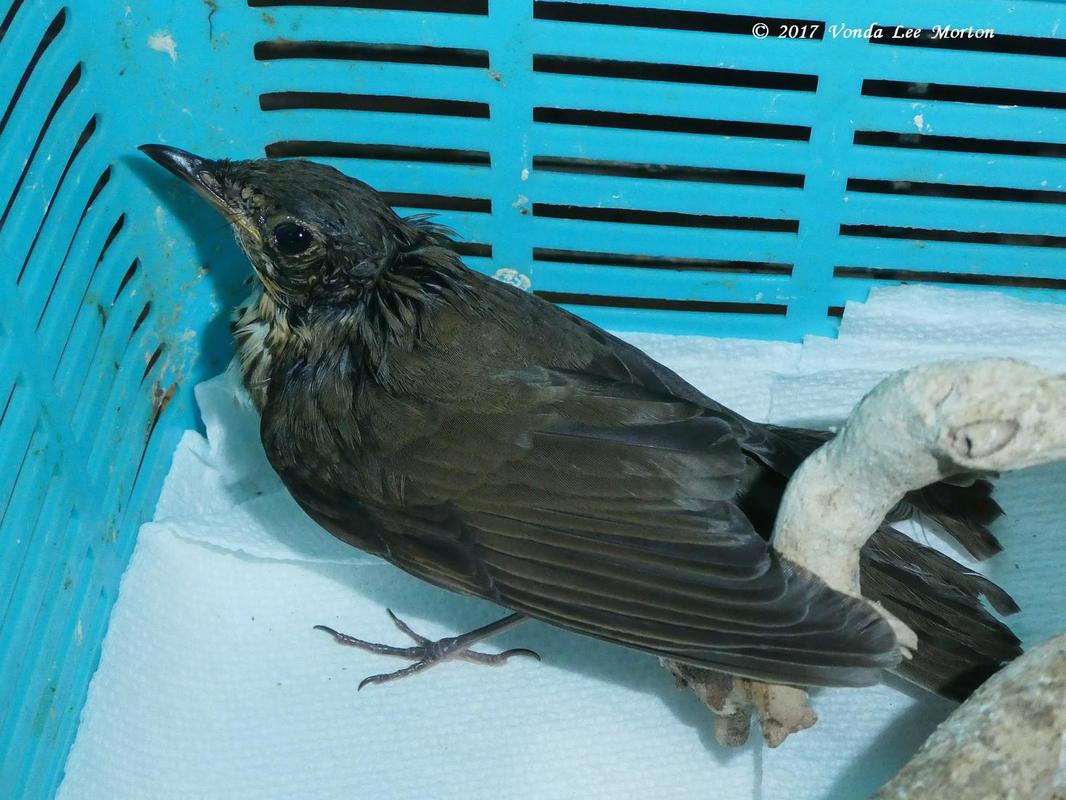
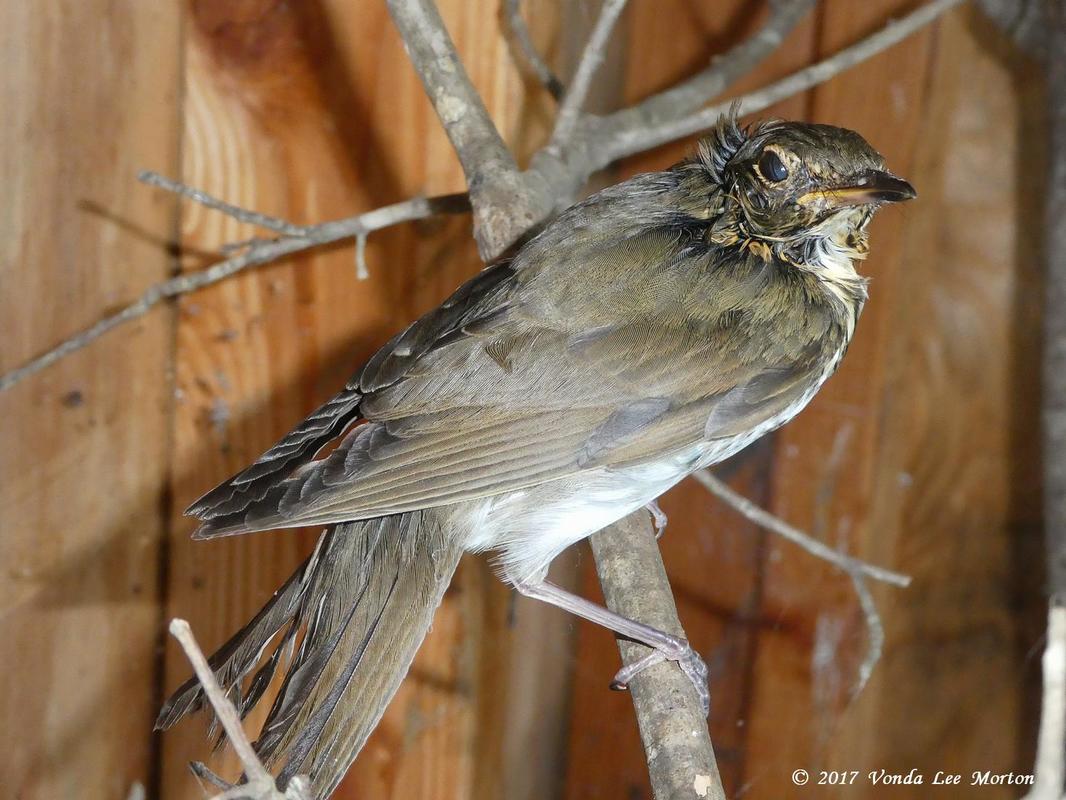
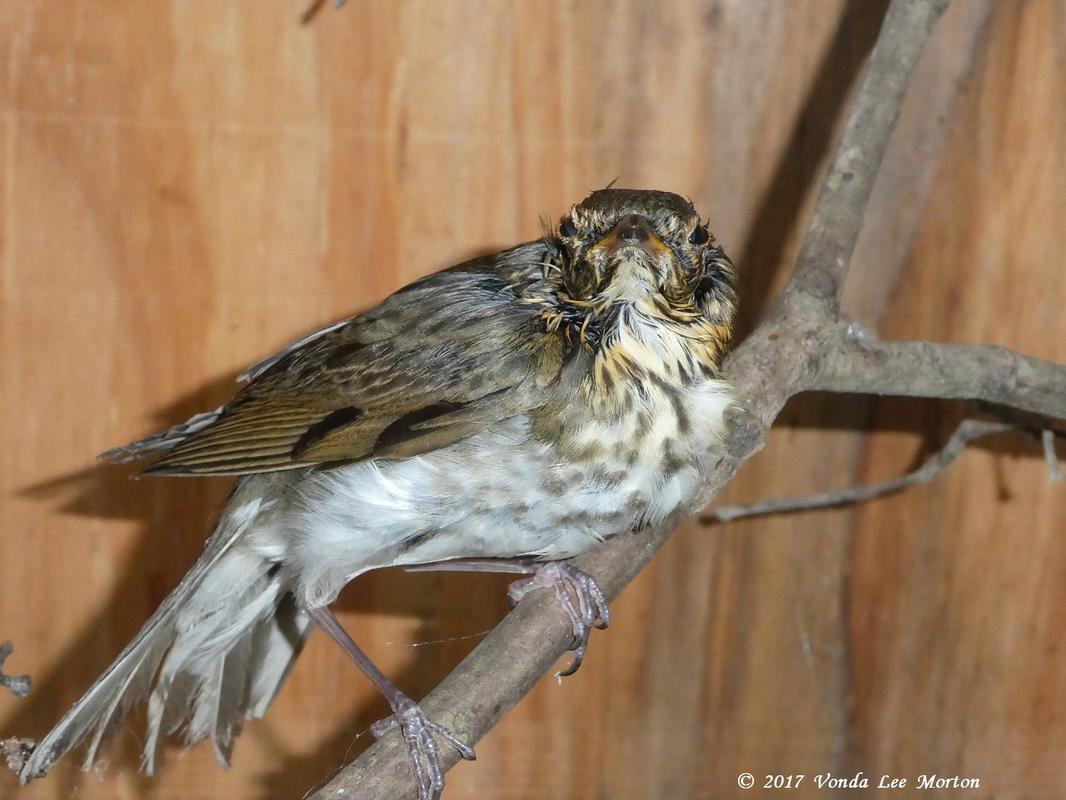
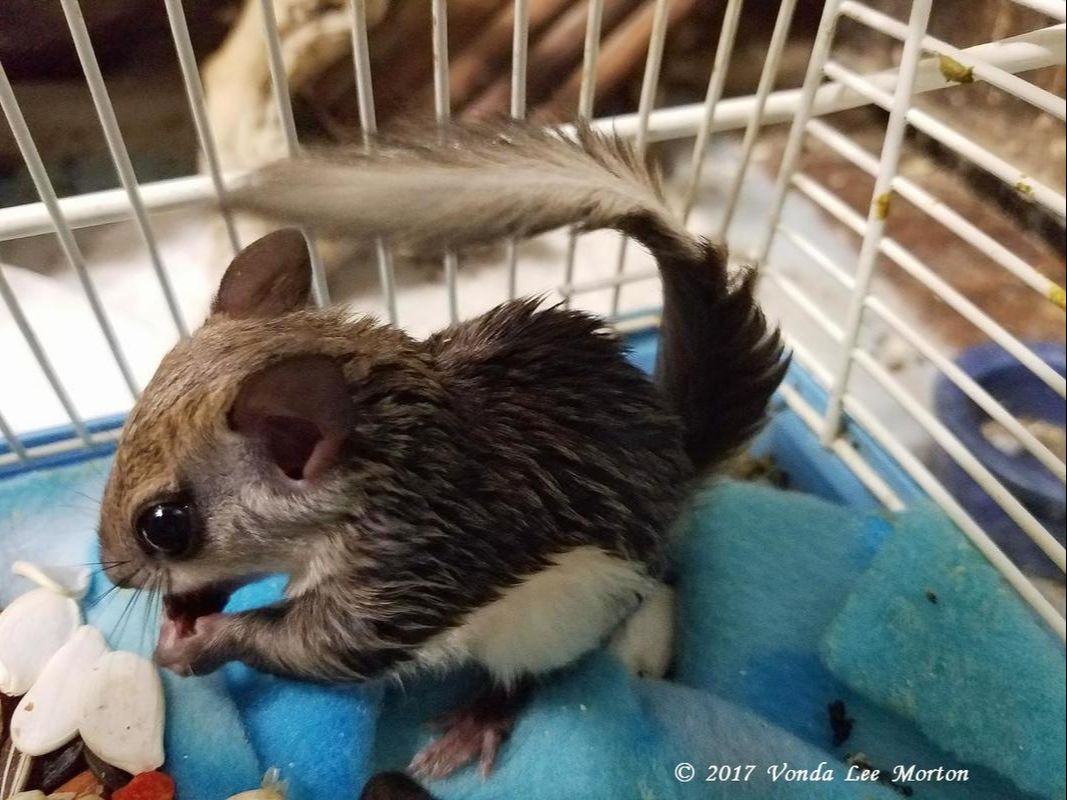
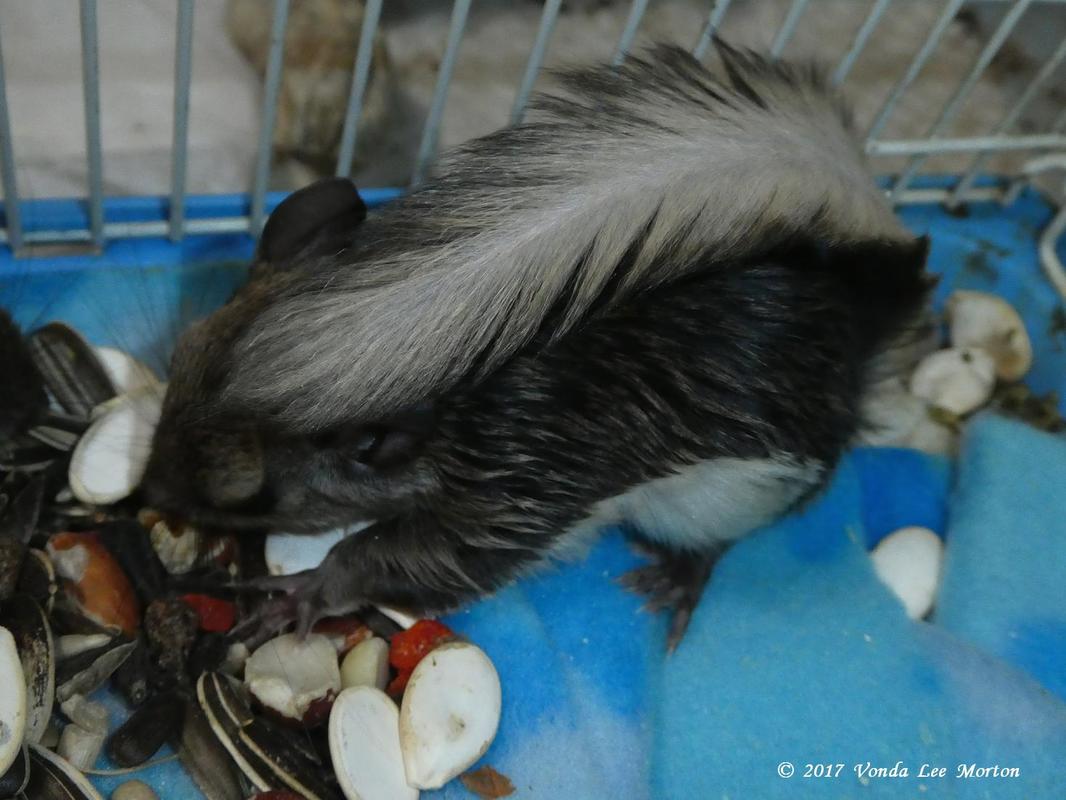
 RSS Feed
RSS Feed
